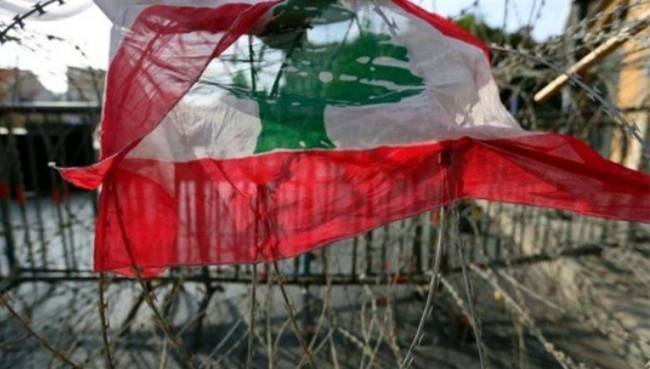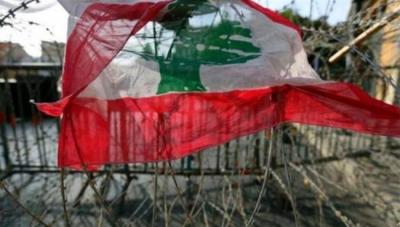Political sources have ruled out the formation of a government in the months leading up to the presidential election and have also dismissed the possibility of electing a president. They anticipate that Lebanon will enter a crisis far more severe than the current one. Former MP Mustafa Alloush stated that the content of the Saudi-American statement is nothing illogical. He questioned, in an interview with "Anbaa": "Does this mean that the stance is the same as previously taken on the militias and elections? They claim they are committed to helping Lebanon—how?" In his view, what has been said is "unclear and does not change anything," as it is linked to the nature of the confrontation with Iran, which has recently intensified its rhetoric. This was reflected in the elevated tone of Hezbollah Secretary-General Hassan Nasrallah's speech, indicating complications in the nuclear file that could determine future events, both for the region and for Lebanon.
Conversely, Alloush noted that "the responses to Nasrallah's speech were marginal, and as long as the party is comfortable with the responses, it means that it is not afraid of confrontation and is not troubled by the electoral process since it can ensure the presence of two-thirds of the members of parliament." Regarding the presidential matter, he considered that "the election of a president is linked to the regional file." On the names, he observed that things remain unclear so far, arguing that the name of the president reflects the settlement; in the case of confrontation, it would be different. He also ruled out the formation of a government and dismissed the possibility of Prime Minister Najib Mikati withdrawing from the formation.
Once again, developments confirm that Lebanon has become outside the natural Arab sphere, effectively becoming a hostage to the Iranian axis, with all of its upcoming matters being naturally contingent on the maturation of major settlements.




